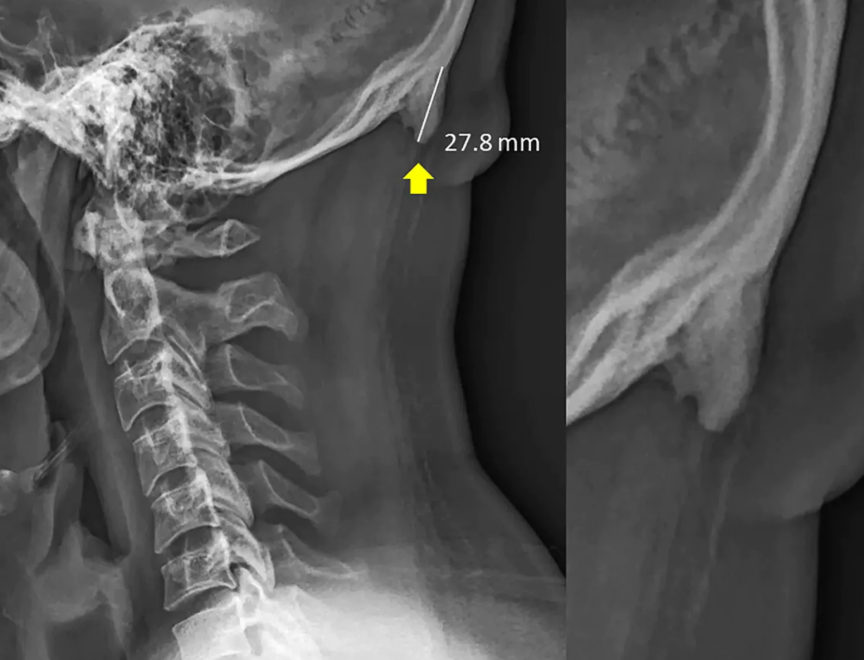
Nature is rescinding an award to a Spanish researcher whose group has at least nine retractions for problems with their published images.
The journal in 2017 gave Carlos López-Otín, of the University of Oviedo, its mid-career achievement mentoring prize for Spanish scientists — along with a physicist from Barcelona — citing:
the ability of these scientists to instil confidence in self-doubting trainees, and of their motivational skills.
But two years – and a slew of retractions — later, it seems Nature’s own doubts about López-Otín’s skills as a mentor were too great to ignore.
Continue reading Nature walks back mentorship prize for Spanish scientist with nine retractions







